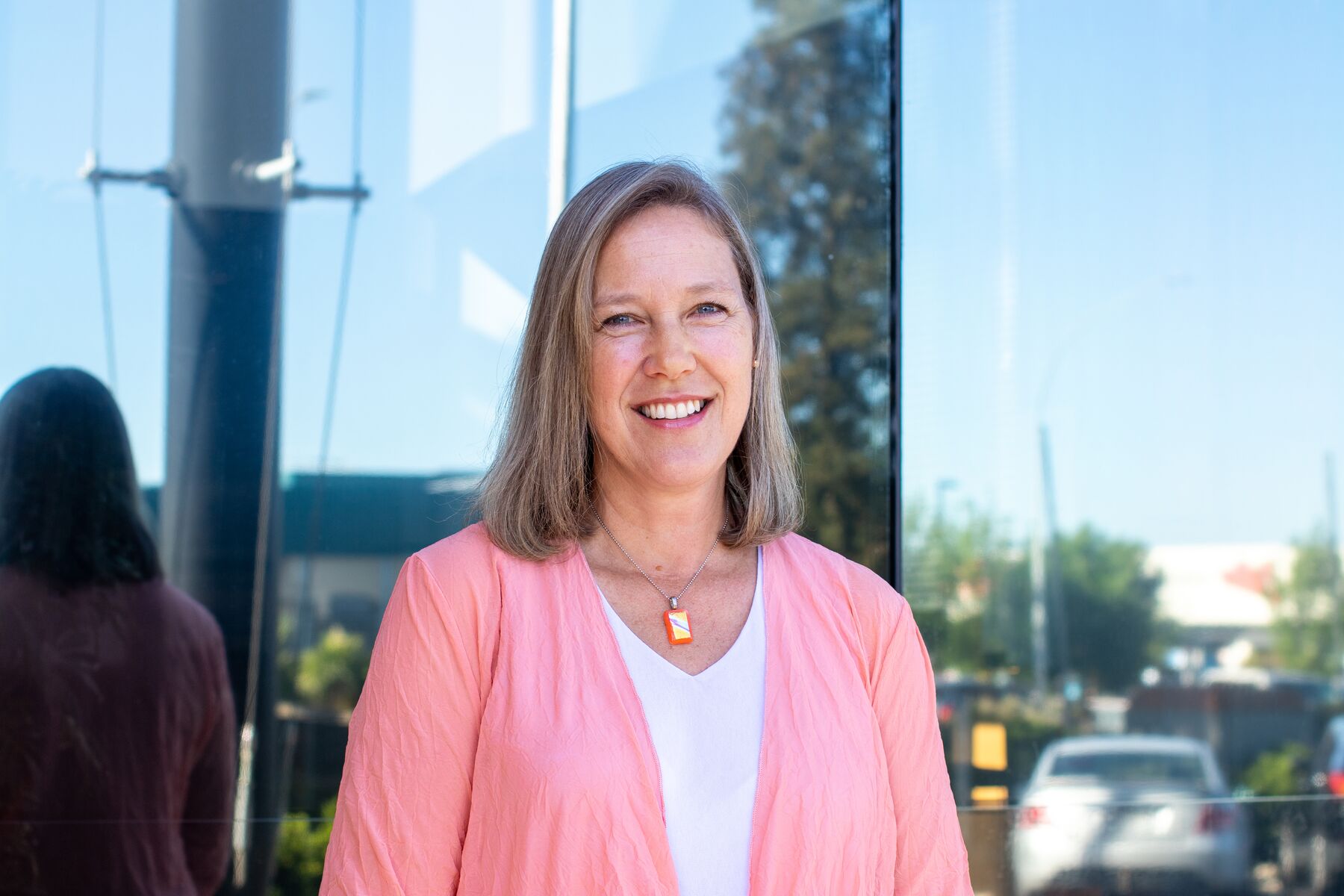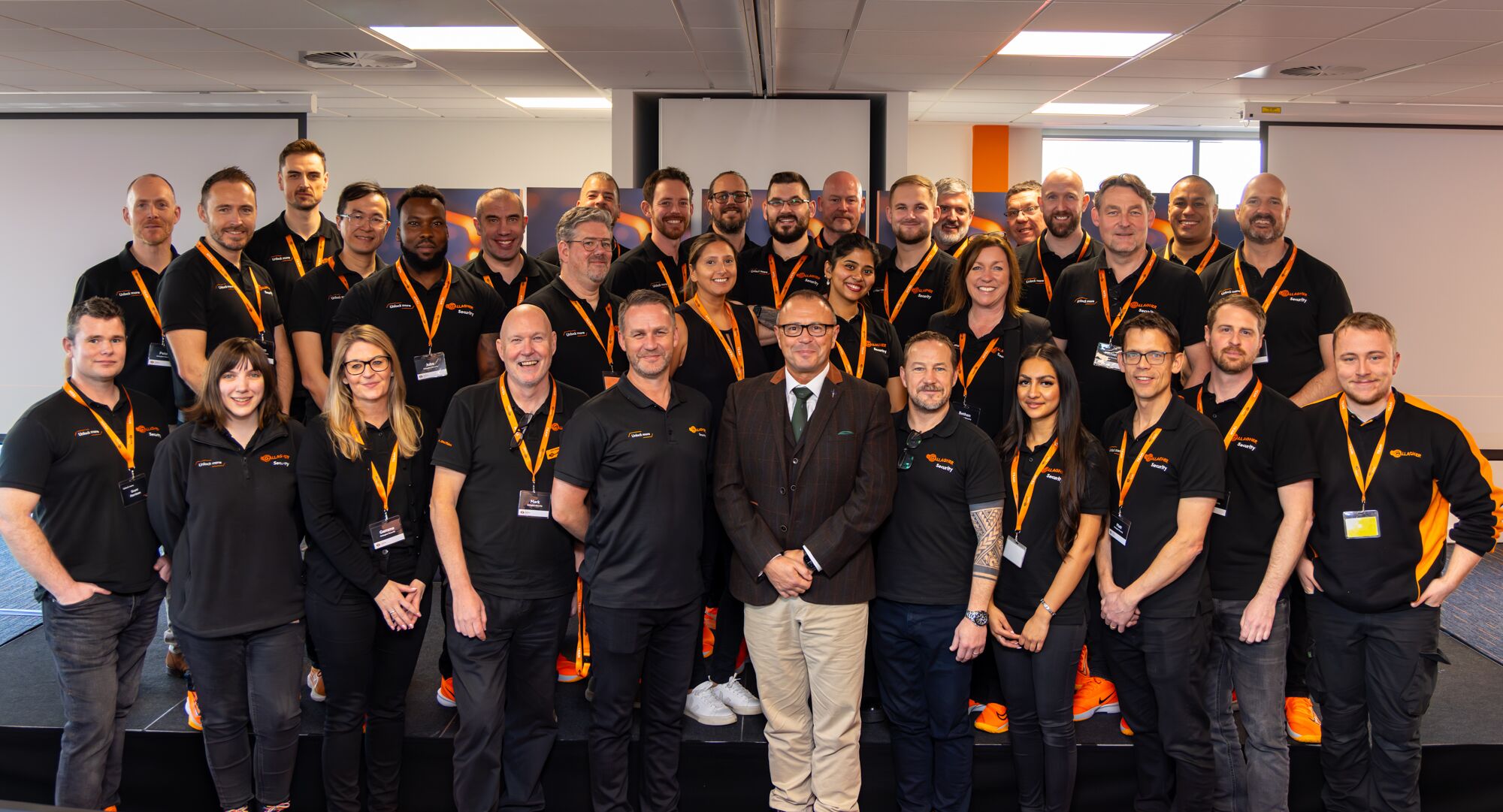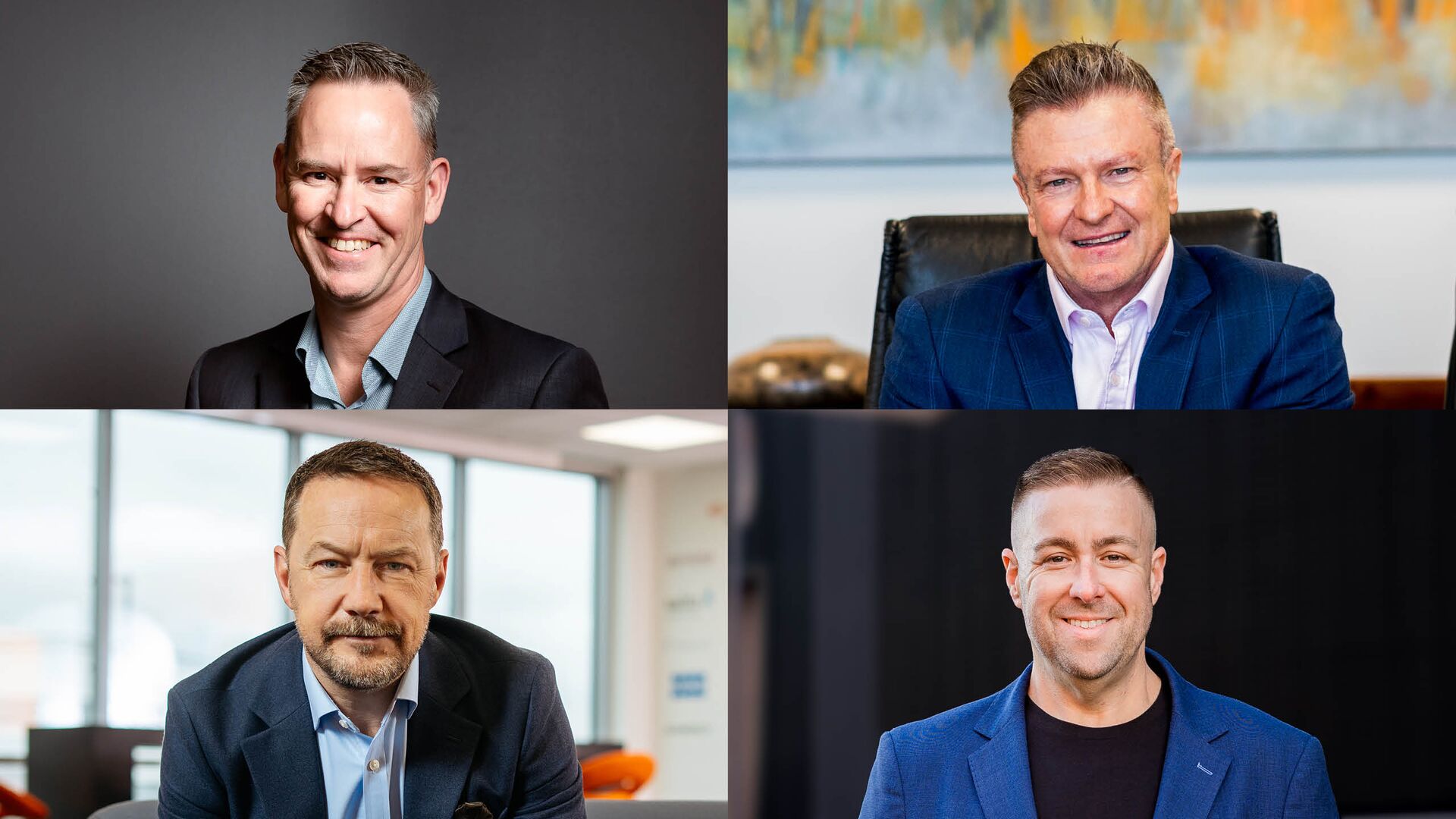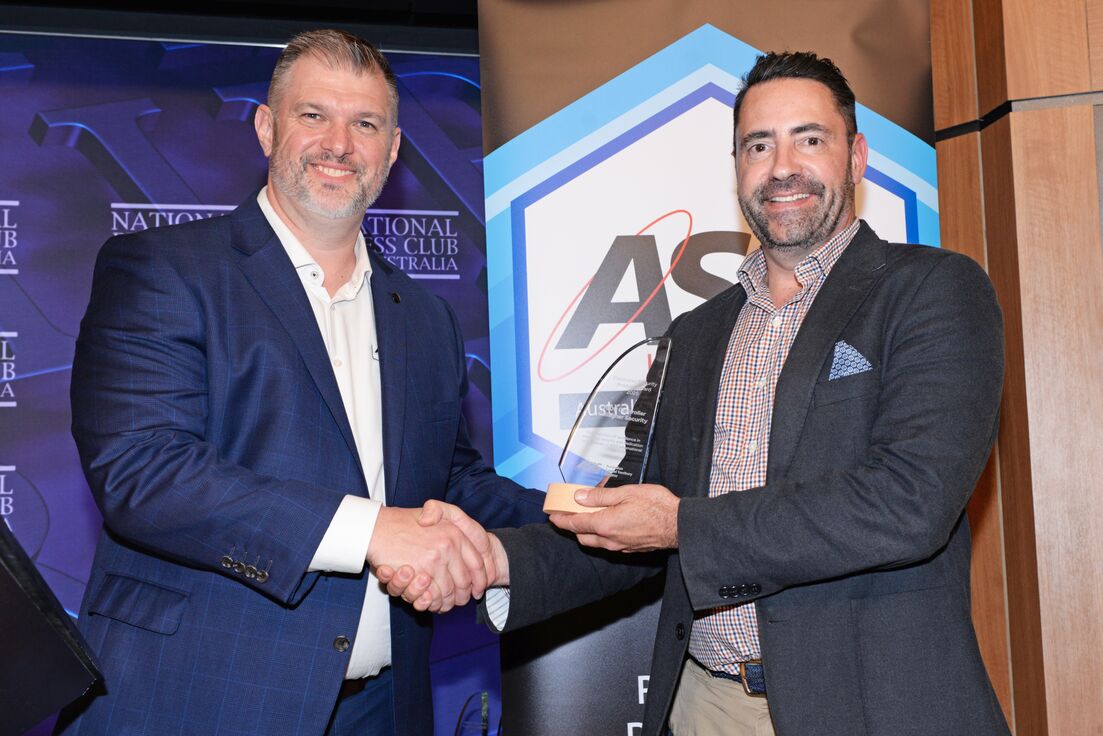HAMILTON, NZ – Gallagher Security’s latest 2025 Trends Report draws attention to the critical need to explore how human behavior impacts security solutions.
The 2025 report underscores a significant oversight in security research: a lack of focus on how End Users, operators, and non-decision-makers interact with security systems. In an industry driven by technological breakthroughs, the human element is frequently sidelined, leaving valuable insights untapped.
Chief Product Officer, Meredith Palmer, notes that understanding customers’ expectations and day-to-day security concerns requires active and ongoing engagement to keep up with the evolving needs, pain points, and requirements across their various industries.
“When you focus on the human elements, you can uncover surprising insights,” she explains. “One of the most interesting points that came out of this year’s report was that a survey participant is using access control data to plan their cafeteria menu. It makes perfect sense – when your building is busiest you want to make sure you’re well staffed and order accordingly – but I don’t think many would think of using their security solutions to inform those decisions. It’s a perfect example of what can be achieved by paying closer attention to behavioral patterns.”
The report also outlines the risks of this research gap, including misaligned security solutions and unrealized technology potential. “Neglecting the human side of security can have significant consequences like poorly understood user needs that lead to inefficiencies and even security gaps,” explains Palmer. “A system that’s too complicated for users to navigate or one that fails to account for different use cases across industry verticals could render even the best technology ineffective, which is why focusing on customer and behavioral research is critical.”
Notably, the report reveals that End Users overwhelmingly cite partnership, support, and trust as the top factors impacting purchasing decisions, proving that understanding behaviors impacts more than system functionality – it also makes good business sense.
Palmer calls this understanding a foundational element of operations, but says it’s often overlooked. “Among the diversity of perspectives present in this year’s report, one truth rings loud and clear: technologies will evolve, but the cornerstone of success will always be the value of relationships,” she explains. “Whether it's with long-time partners or new voices shaping the future, the relationships we build are the foundation of everything we do.”








